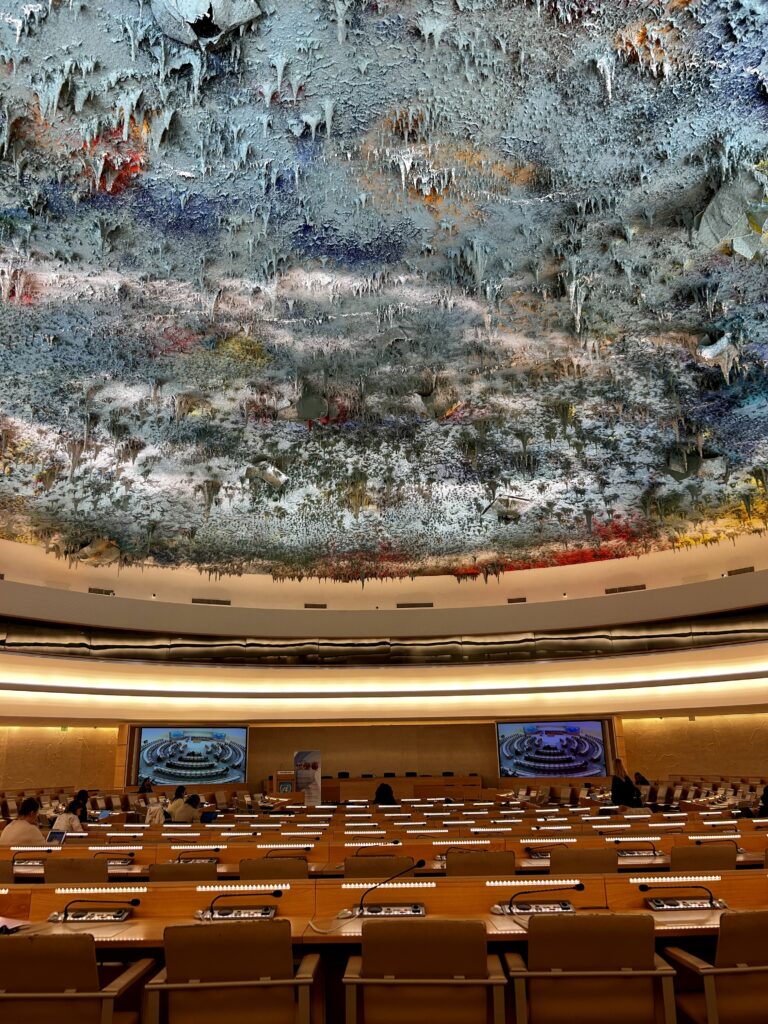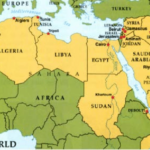The 11th session of the UN Annual Forum on Business and Human Rights took place from the 28th to the 30th of November 2022, after two years of online sessions because of the COVID pandemic. The underlying theme for this year’s session was “Strengthening accountability to advance business respect for people and the planet in the next decade.”
Companies, investors, organizations, and other stakeholders, at least those attending the UN Forums on Business and Human Rights, have become educated and well-versed in discussing “the right thing to do”, which is, broadly, how discussions went during the sessions at the Forum. Instead, I was hoping we could discuss “what to do when things go wrong”.
What should also be taken into consideration is that the Forum is taking place just a year after the UN working group released the roadmap – as the UNGPs turned 10 – defining the actions for governments, companies, financial institutions, investors, and other steps to take to push the UNGPs from commitments to practice. We were hoping to enter a new practical approach to implementing the UN working group’s roadmap.
That said, the Forum was undoubtedly an opportunity to reunite, have enriching side discussions and be reminded of the importance of having a rights holder’s perspectives and taking action collaboratively to prevent adverse impacts on people and the planet.
Few highlights for companies and investors:
- Conduct meaningful consultations with stakeholders and ensure this engagement and business actions are connected by placing rightsholders at the centre. There is a need to develop sound rightsholder engagement strategies to counter existing auditing practices. It is also necessary to go beyond engagement and include rightsholders in the design and implementation of operational grievance mechanisms and access to remedy.
- Investors should play a more significant role alongside investee companies. The UN Working Group and others shared that will be an area of focus for 2023. Investors are called to use their leverage with portfolio companies, including utilising existing dialogue and proxy voting tools. Investors are also called to consider human rights considerations raised by civil society as material because spotlighting a human issue can already create reputational, legal, and other business risks for companies before actual financial costs.
- There is a lot of uptake and ambition for mandatory Human Rights Due diligence laws. However, this excitement was toned down a day after the end of the Forum, when the EU Council released and adopted its position on what is now a weakened upcoming EU law on the Corporate Sustainability Due Diligence Directive (CSDDD). Nonetheless, businesses and investors are advised to adopt a human rights approach based on the UNGPs.
- Speakers have highlighted the lack of alignment and correlation between climate policy and human rights and called for the urgent need to create synergies and solutions.
- In conflicts, companies and investors should not shy away from markets in crisis because of the opportunities that this can bring to communities on the ground. However, panellists did emphasise the need to curb the disconnect between public commitments to “responsibly” engage in conflict-affected areas and practice.
As my colleague Julie Muraco emphasised in her latest blogpost, “to truly understand Human Rights, one must dive deeper to understand subthemes of gender, harassment, forced labor, child trafficking, and rightsholders perspectives”.
I look forward to next year’s Forum with hopefully more concrete and critical contributions from rightsholders and discussions around the challenges of preventing adverse impacts on people and the planet.
Ksapa, based in Paris, France, with offices in London and New York, can help your company implement the takeaways from this session. Get in touch with us and let us know how we can help.

Krystel Bassil
Krystel is senior consultant, contributing to Ksapa’s consulting and advocacy missions, on the topic of business and human rights and more generally sustainability. Krystel Bassil is also Senior Legal Officer of the Human Rights and Business Unit at the Syrian Legal Development Programme (SLDP). Prior to that Krystel worked as a business and human rights consultant advising along with leading experts on a wide range of projects across the private sector, international organizations, and academic institutions. She is admitted to the Beirut Bar and worked as a lawyer in international arbitration and human rights. Krystel holds a LL.M. degree from SOAS, School of Oriental and African Studies, University of London, a law degree in public law from the Holy Spirit University of Kaslik, Lebanon, and a degree in political science from the Saint-Joseph University of Beirut. She is fluent in French, English and Arabic.









